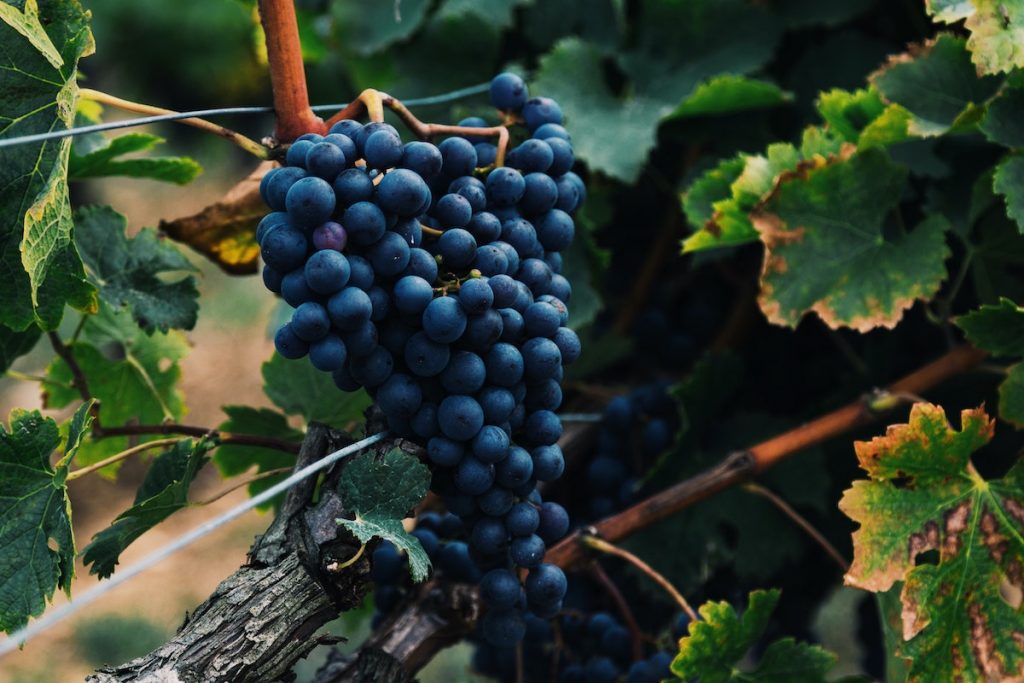Fruit plants are notoriously known for being difficult. However, if you choose the right kind, any home grower can produce a successful fruit harvest. You can use a site like Common Dreams for your research. Here are five things to take into account to find the right plant for you.
1. Space
How much space do you have available for your fruit plant? You may believe you need lots of space to grow fruit, but that’s not entirely true.
There are many fruits that grow on vines or shrubs that don’t require too much space. If you don’t have much space, consider growing raspberries, strawberries, or even melons.
If you really have your eye on a fruit tree you can get a dwarf version of it from your local nursery.
2. Sun
How much sun do you have in your area? If you have lots, great! Most fruits need tons of sunlight in order to grow, the more sun you have the sweeter your fruits will be.
However, if you get a little less sun, don’t be discouraged. Many other fruits can thrive in a little shade. Try growing sour cherries, blackberries, or raspberries.
3. Temperature
What climate you live in can determine which fruits you can grow. Make sure you choose a plant that can survive your local area’s winter.
If you live somewhere warm, you’ll likely be able to grow any fruit you wish. However, if you live in a colder climate your options will be more limited. If your winters are cold consider growing crab apples, pears or plums.
If your winters are especially harsh, don’t fear. Simply choose a dwarf variety of your fruit of choice and grow it inside in pots.
4. Soil
Whatever fruit you choose, be sure not to give them “wet-feet”, don’t keep their roots in constantly wet soil. They need periods of both wet and dry in order to thrive. In order to keep your fruit happy be sure to plant them in well draining soil.
Concerning the soil’s acidity, most fruit plants will do fine in your everyday mulch. However, some plants, such as blueberries, require more acidic soil. So make sure to research your chosen plant before choosing a soil.
5. Pollination
The method of pollination needed varies from plant to plant. The easiest plants are self-pollinating ones, those that don’t need another plant to produce fruit.
If you choose a plant that isn’t self-pollinating be sure to get at least two of them so that they’ll be able to properly pollinate.
Final Tips
Be sure to plant at the right time. When making your final decision be sure to plant something that’s in season. This will ensure they make it through the winter.
Take care of pollinators. Don’t spray any pesticides on your plants when they’re blooming, this may prevent pollinators from doing their job. If you have a problem with pests try a non chemical form of pest control in order to ensure the safety of the pollinators.

